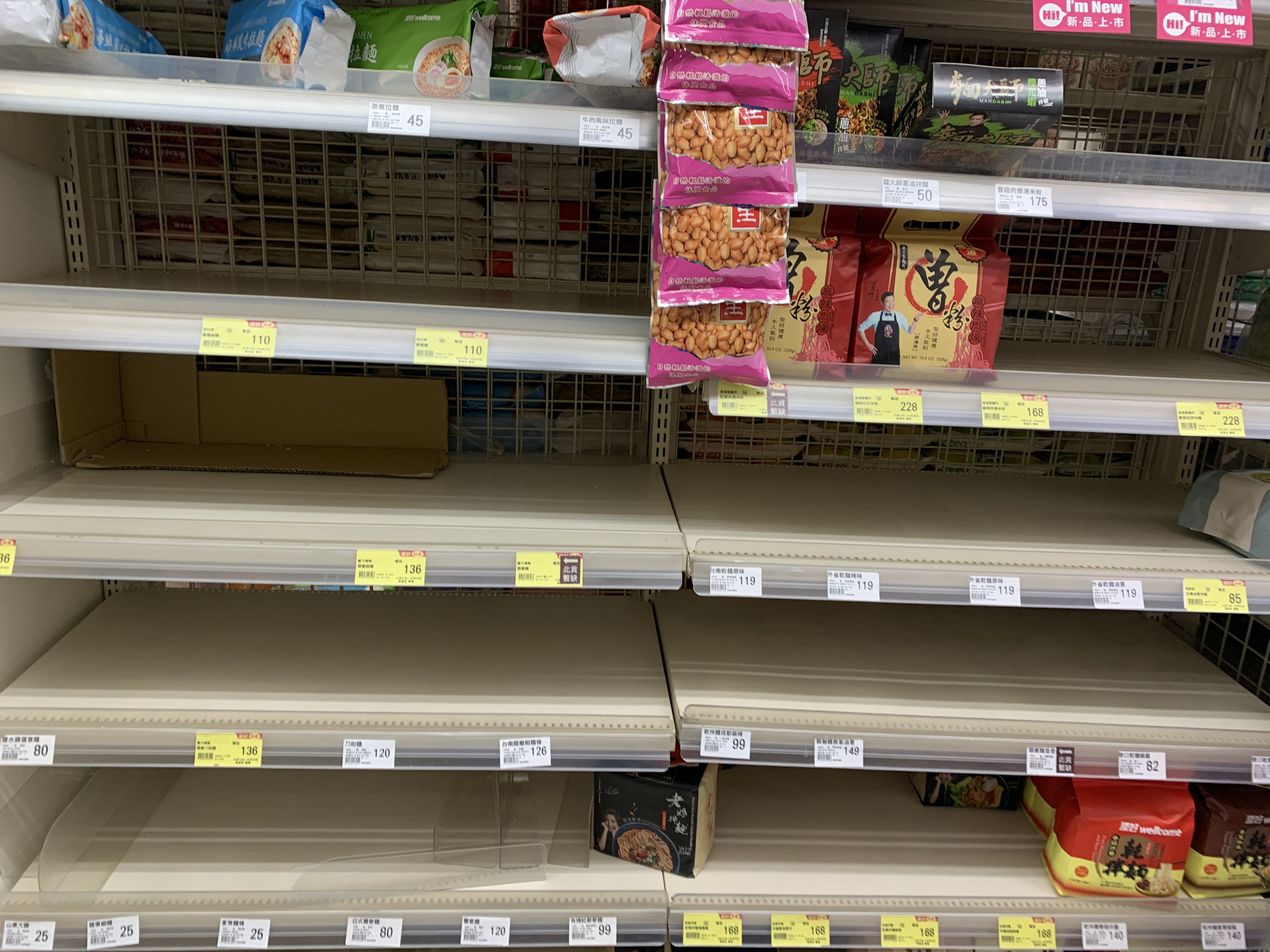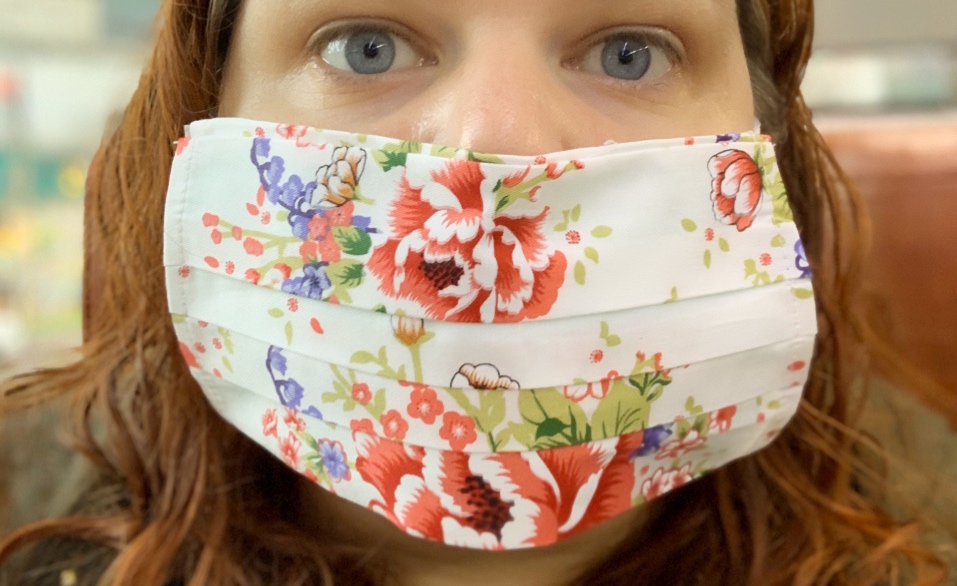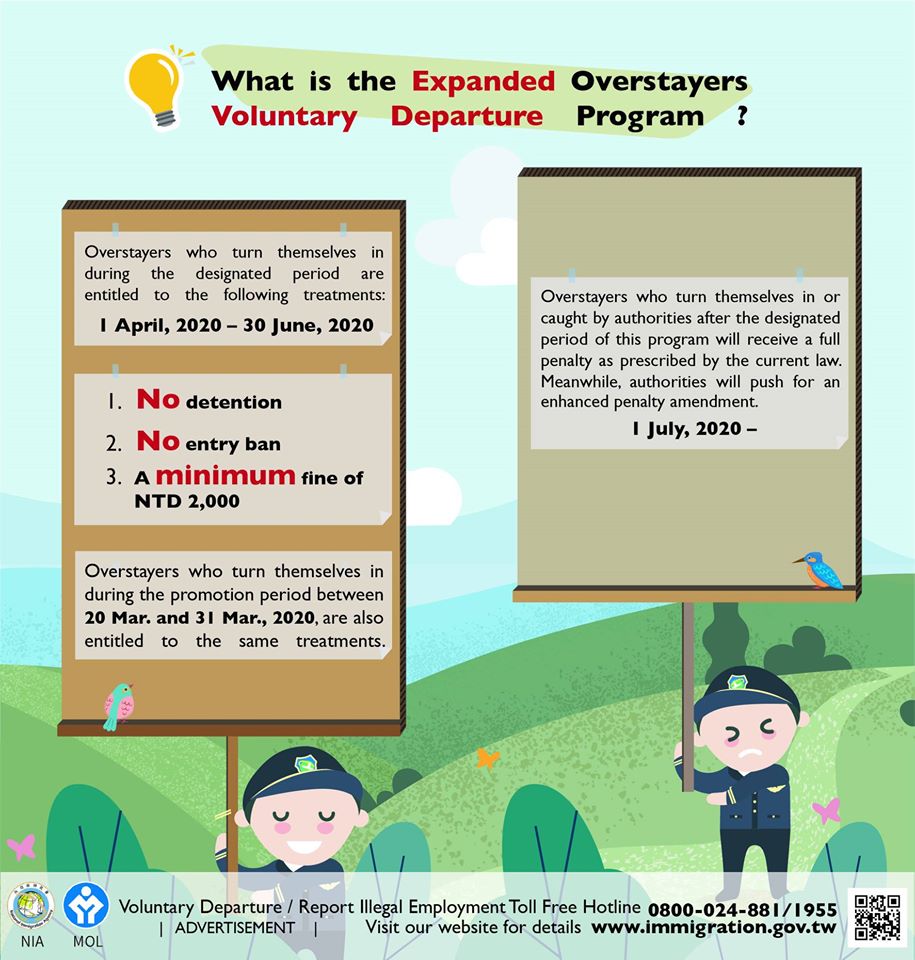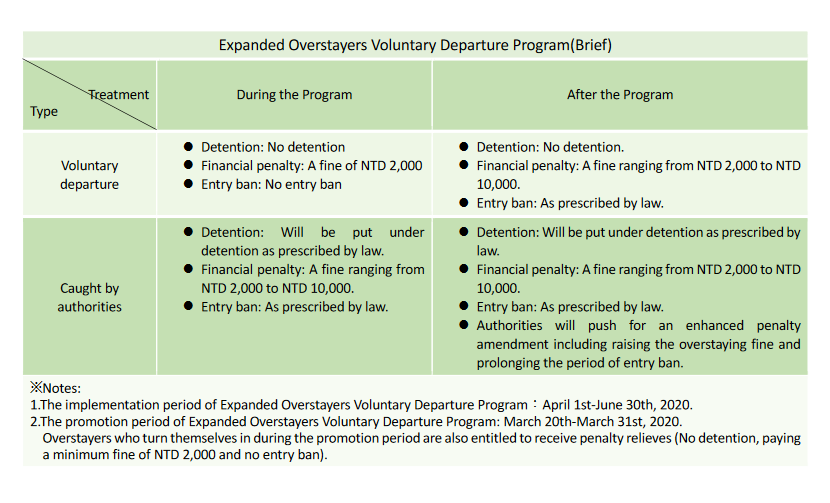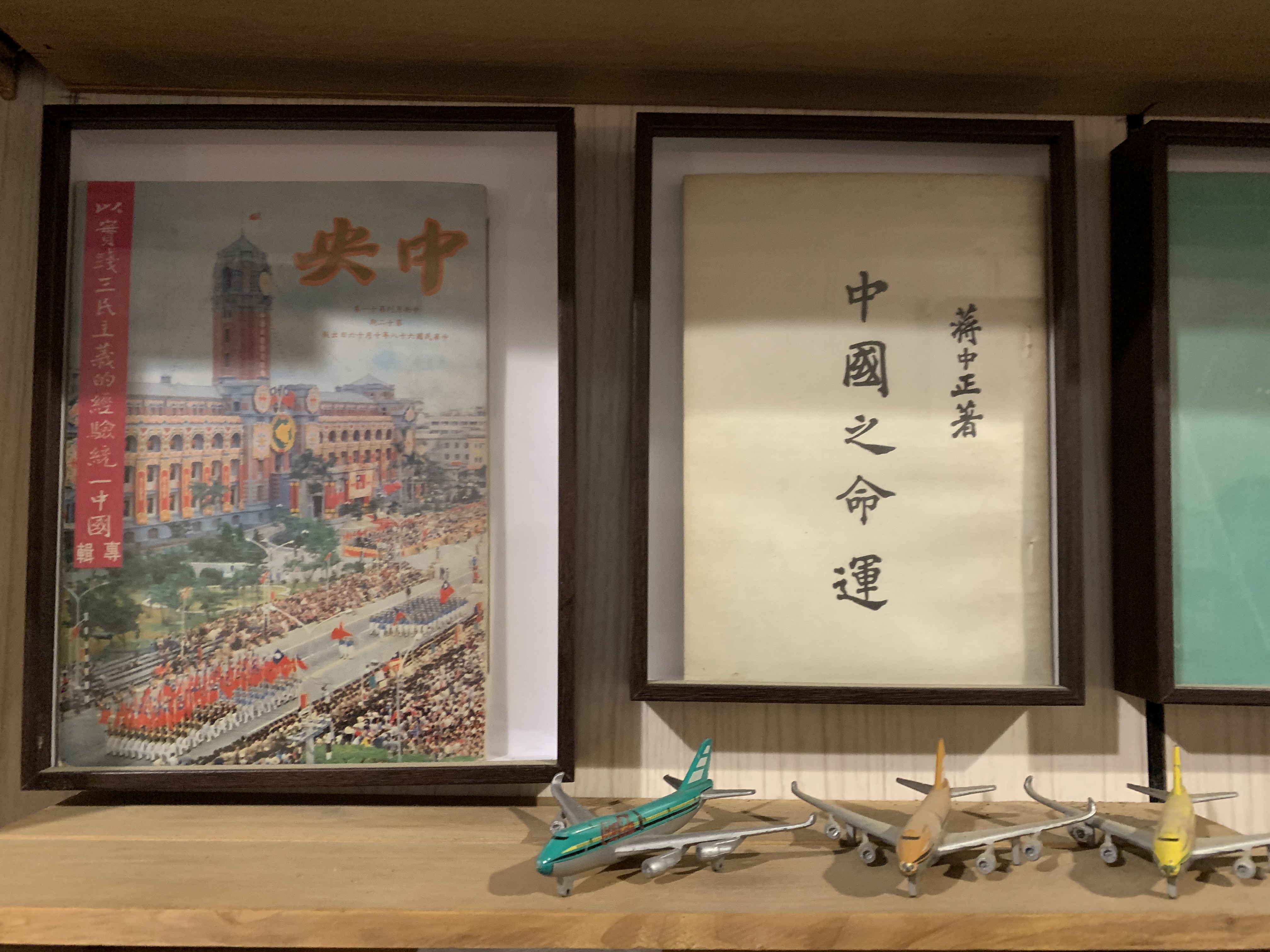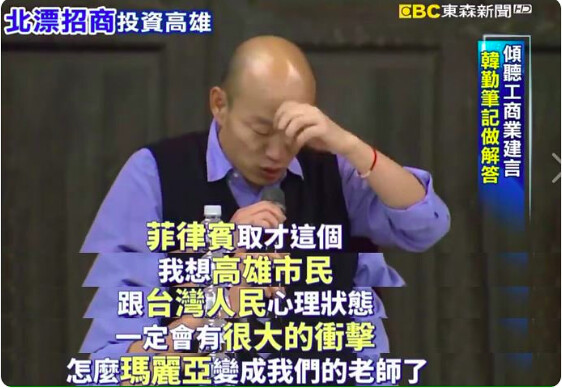
Since the imposition of the National Security Law on Hong Kong and renewed protests in opposition to it, there has been a great deal of discussion regarding whether Taiwan is obligated to help Hong Kong (honestly - no), whether helping Hong Kong is the right thing to do (yes), and what exactly Taiwan can do to help.
Despite some Taiwanese saying that they need to prioritize the well-being of their own country rather than helping refugees - a false comparison, as any nation can do both - I do believe most want to help Hong Kongers fleeing their increasingly authoritarian city. How to do that, however, is not clear.
Measures are expected to be approved on Thursday (article in Cantonese, but there's a decent English rundown here) to help political asylum seekers. According to Radio Free Asia, this would include vetting both by Hong Kong and Taiwanese human rights lawyers at different stages of the process, help with housing, including centralized housing options, and financial and employment aid upon arrival. These measures are based on Article 18 of the Act Governing Relations Between Hong Kong and Macau, and would amend Article 25 of that same act, which concerns transportation of goods and people between Taiwan and Hong Kong/Macau.
There are many questions that still need to be addressed, however. Until very recently, the Taiwanese government was saying that Hong Kongers coming to Taiwan should not be considered "refugees" because the term was too 'emotionally sensitive' - I can't find a link right now but will source one soon. Of course, the real reason is that considering Hong Kong's status vis-a-vis ROC and PRC laws, specifically designating Hong Kongers fleeing to Taiwan as "refugees" is very murky legal territory. As early as 10 days ago, the Tsai government was saying no new laws were needed, even though refugees and advocates say that current mechanisms are clearly insufficient.
If the laws won't change, whatever happens on Thursday is not likely to open more pathways for Hong Kongers than the ones which already exist: work or study, which visas that not everyone can get; investment, which is really only for the wealthy; or throwing oneself into an ill-defined humanitarian legal system that is just being set up.
Honestly, there is more we could do. Simply making it easier for Hong Kongers to get visas to come to Taiwan would be a start, as would prioritizing the opening of a 'travel bubble' of places that have handled coronavirus well, which would include Hong Kong. Having a wide array of visas to choose from would ensure more Hong Kongers might find a visa that applies to them.
Here are some ideas for visa classes that could be opened to Hong Kongers, if they don't exist already. Some have already suggested this, but the talent they seem keen on attracting is still far too narrow. Many of these are already available to people from some countries, though I'm not clear what the entry requirements are or if they are available to Hong Kongers. Changing the requirements or applicability of these visas wouldn't require new laws - existing ones could simply be amended.
Employment-seeking visas: give Hong Kongers who apply and pass a security check a visa with a generous time limit, during which they may seek employment, with few (if any) restrictions on what that employment is. Make it possible to convert this visa into a resident visa with a work permit in Taiwan. These could be broadly open to just about anyone. In addition, barriers to what sort of jobs and salary offers qualify one for employment should be relaxed - for everyone, not just Hong Kongers.
Entrepreneur visas: for Hong Kongers who have a bit more cash and could conceivably open their own small business. Make the requirements for this low - even a street stall or coffee kiosk would be sufficient.
Study and academic visas: offer a wider range of student visas, including a visa simply for signing up for classes at a language center.
Artist visas: this class currently exists, but is extremely hard to get (I don't know anyone who has successfully obtained one). Make it easier to get, so that all you need to do is prove you've had some commercial success with your art - whether that's fine arts, getting DJ gigs, getting paid to write or design or sell your handmade goods...whatever.
Reduce requirements for work visas: end the salary and some of the educational requirements for obtaining a work visa for those who can get hired, so that the current requirements aren't overly onerous. As it is, most front-line protesters - that is, people most in need of a way out as they will absolutely be targeted - are young and probably don't meet the current requirements.
Certainly, financial, housing and legal assistance are also important. By centering these, Taiwan is clearly expecting an influx of people arriving and sticking around without any legal status, and that's an important thing to consider. However, alongside these, more legal means to come to Taiwan need to be put in place.
Just a few years ago, the media was focused on discussing "brain drain", especially from Taiwan to China. This is just one of seemingly hundreds of articles dissecting the topic. If that really was an issue, and Taiwan has a talent and labor shortage, it would be beneficial to let Hong Kongers who want to start a new life in a free country do so.
Obviously, anyone applying for these would still have to undergo some sort of security check. We can assume that the CCP would attempt to funnel in bad actors through a more open visa system in Hong Kong, especially in these times. However, once they do, an influx of talented Hong Kongers who share Taiwanese values such as respect for human rights and democracy can only be good for the country.

